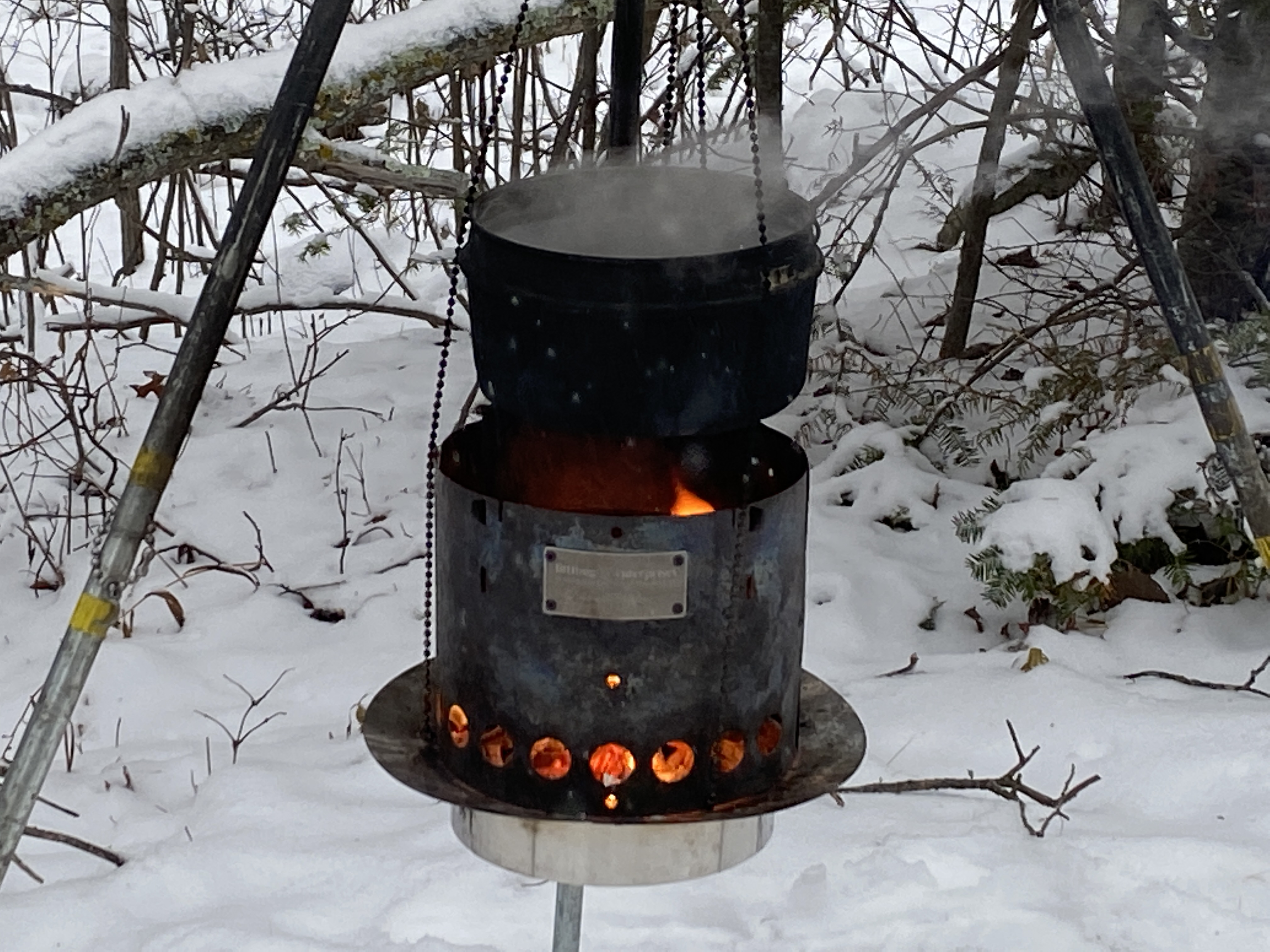- Home
- The Littlbug Blog
- backpacking trip meals
The Littlbug Blog
Recent Posts
Food Selection and Preparation
Posted by on
You’ve got your gear loaded, clothes packed, trail mapped out, and shared your plans with someone. Almost all the boxes are checked and you’re just about ready to hit the trail, but there’s still something pretty major that needs to be taken into account. A Meal Plan. Unlike camping, food isn’t something you can load up into a cooler and haul with you on your hike. Well, you COULD, but we don’t think it would be the best backpacking experience.

When it comes to meal planning for backpacking, you’ll need to take food selection into careful consideration first, but it doesn’t end there. You’ll also need to pre-plan on preparing that food. Fortunately, we know a little something about this topic!
When selecting food for backpacking, it's important to keep in mind the following factors:
- Caloric density: Backpacking takes a lot of energy! To be sure you are able to keep up with the demands of your trail and your pack, choose foods that are calorie-dense. Nuts, trail mix, cheese, jerky, and energy bars are all great options. Not only do these foods pack a big punch when it comes to providing you the energy you will need, they also don’t weigh you down or take up much room in your pack.
- Nutritional value: While calorie-dense foods are important, they are not enough. You’ll need to take into consideration other nutrient types that are vital to keeping the body in peak form, like carbohydrates, protein, and healthy fats. Some great foods to include to ensure you’re meeting all your body’s nutritional needs are: dehydrated fruits and vegetables, nut butters, whole grains, and dried beans.
- Weight and volume: Remember that you will have to carry all your food on your trip, so choose lightweight and compact options, such as dehydrated foods, freeze-dried meals, and compact snacks. Dehydrated foods are especially handy if you’re backpacking in an area with readily available water. Water is heavy, and being able to travel without a bunch of it strapped to your back is a HUGE win!
- Shelf life: It’s pretty much a certainty that as a backpacker, you will be away from any sort of refrigeration for extended periods of time. This makes it important to choose foods with a long shelf life. Dried fruits and meats, nuts, and energy bars are all ideal options to pack to ensure you are eating well out on the trail.

Now that you know how to thoughtfully select the food you’re bringing out on the trail, we must talk about how to prepare them. Fortunately, many of the items we’ve recommended are prepackaged, either by yourself or by the company selling those particular products. However, this isn’t the case for everything…
Here are some steps to follow when selecting and preparing food for backpacking:
- Plan your meals: Decide what you want to eat for breakfast, lunch, dinner, and snacks. Make a list of the ingredients you'll need for each meal. Don’t go too wild here. While we want our food to taste good, a gourmet experience isn’t necessary. Save that for the city!
- Choose your foods: Use the information above and remember to choose calorie-dense, nutritious, lightweight, compact, and shelf-stable foods.
- Prepare your meals: Depending on your preferences, you may want to prepare some meals ahead of time or bring ingredients to cook on the trail. Be sure to pack any necessary cooking utensils and equipment. One item that we can’t recommend enough is our Littlbug Stoves. Portable and lightweight, it doesn't have to take any space in your pack. It is designed so that it can be rolled up in a sleeping pad and can be carried on the outside of your pack! The perfect companion to be able to enjoy a hot meal out in nature. With the ability to be fueled by alcohol or by the kindling that nature provides, the versatility of our stoves can’t be beat!
- Pack your food: Store your food in lightweight, waterproof containers, such as plastic bags or dry bags, and pack it in a way that's easy to access while hiking.
- Store your food safely: Keep your food away from wildlife and at a safe distance from your sleeping area. Follow local regulations for storing food while backpacking.
By following these steps, you can select and prepare food that will provide you with the energy and nutrition you need while backpacking. Just like any skill, being able to wisely chose food and have the know-how to prepare it will always come in handy, whether you're on the trail OR at home! Like we always say, when it comes to outdoor skills the more you bring along, the less you have to carry. Skills don't break and they're never left behind. They don’t leak, they don't tear, and they don’t get wet!

 Loading... Please wait...
Loading... Please wait...








